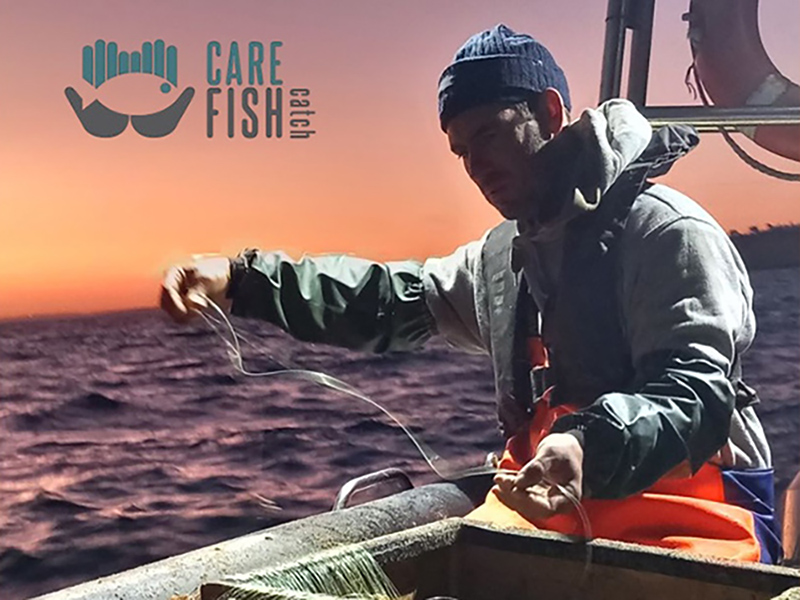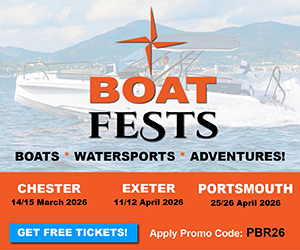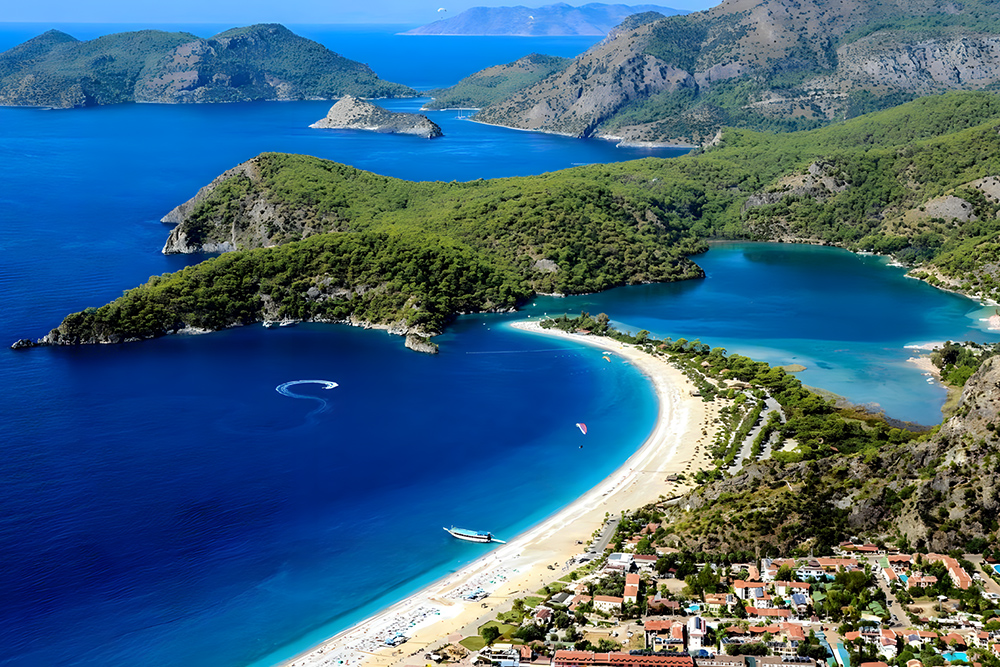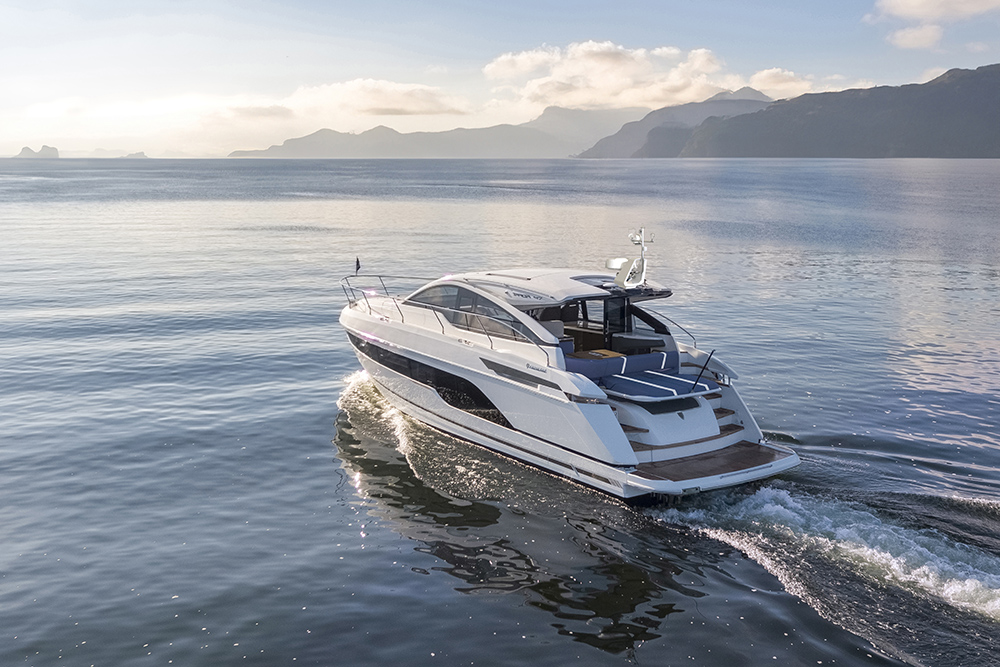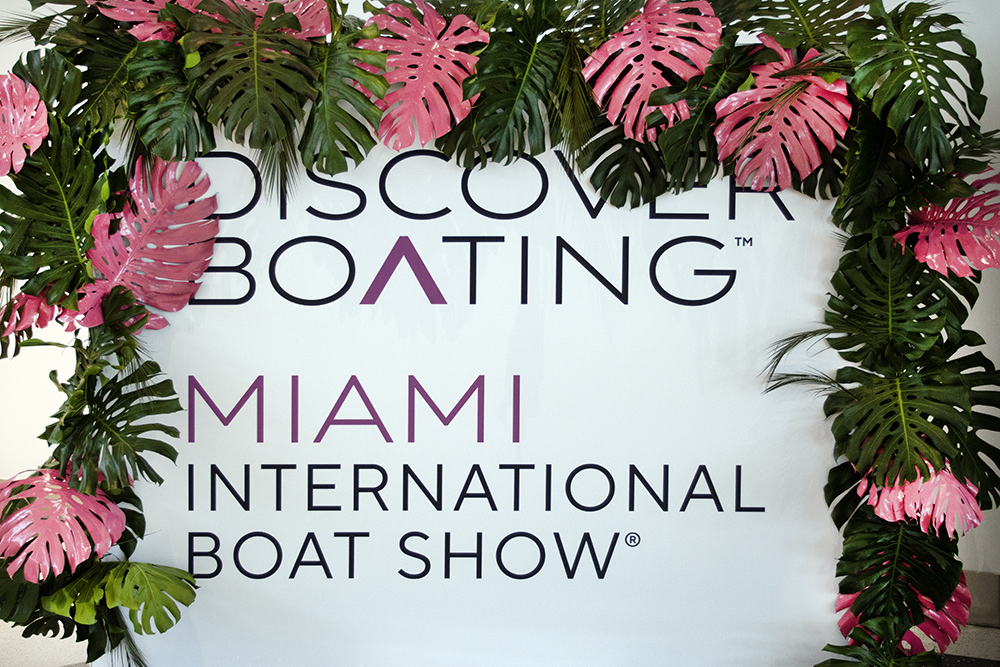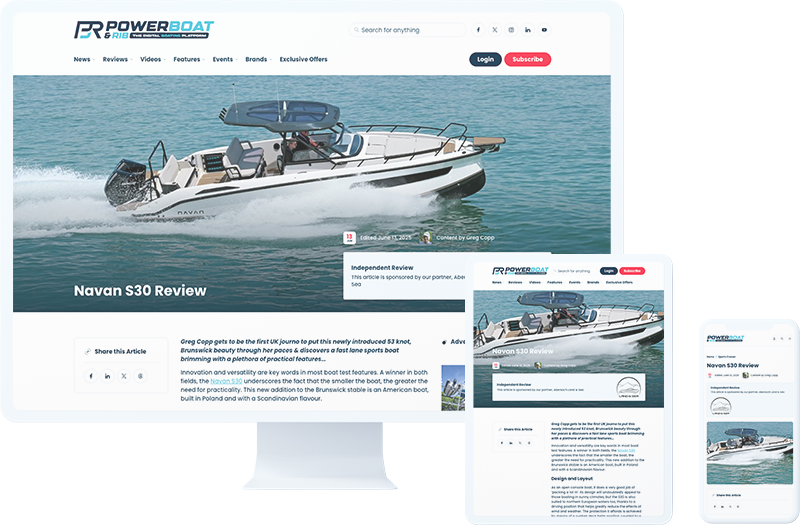Less Suffering in Longline Fishing
A new report from the Carefish/catch consortium sheds light on animal welfare concerns in small-scale longline fishing in southern Portugal. This traditional technique, where lines of baited hooks are lowered to the seabed to catch species like white seabream, common two-banded seabream, and red porgy, is often valued for its low environmental impact and cultural significance. Yet the study finds clear opportunities to improve how fish are treated.
